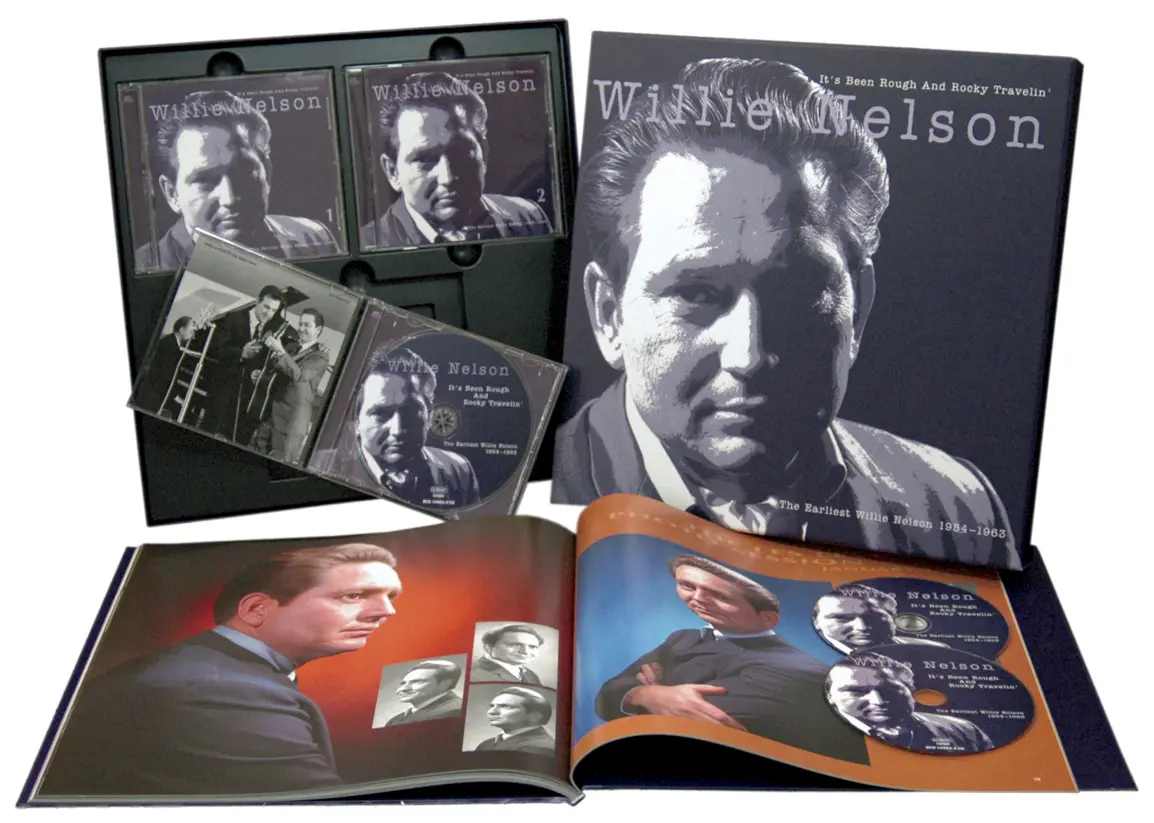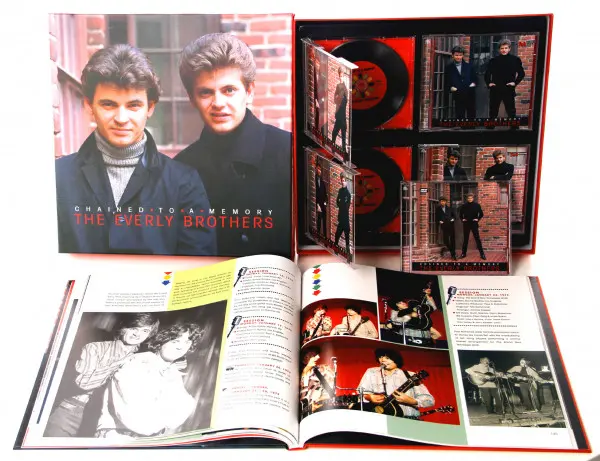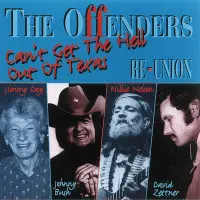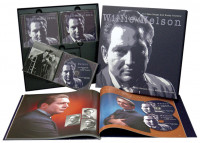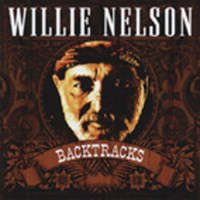Willie Nelson Workin' Man - Willie Sings Merle (CD)
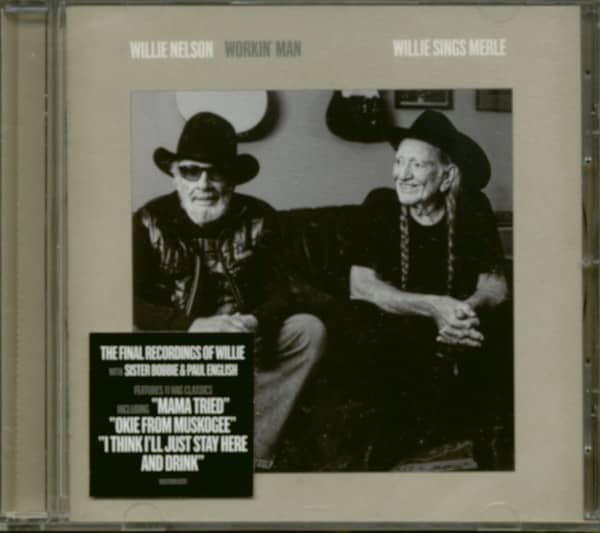
* incl. VAT / plus shipping costsDepending on the country of delivery, the VAT at checkout may vary.
Ready to ship today,
delivery time** appr. 1-3 workdays
- catalog number: CDSNY60502
- weight in Kg 0.1

Item has to be restocked

Item has to be restocked

Ready to ship today, delivery time** appr. 1-3 workdays
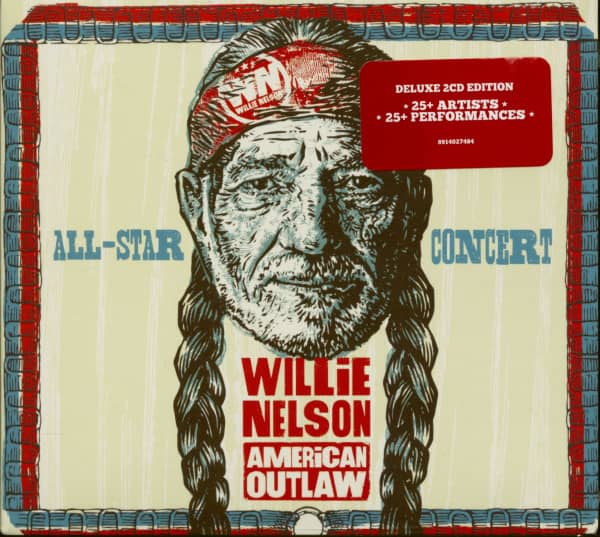
Item has to be restocked

Item has to be restocked

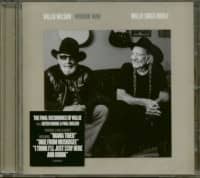



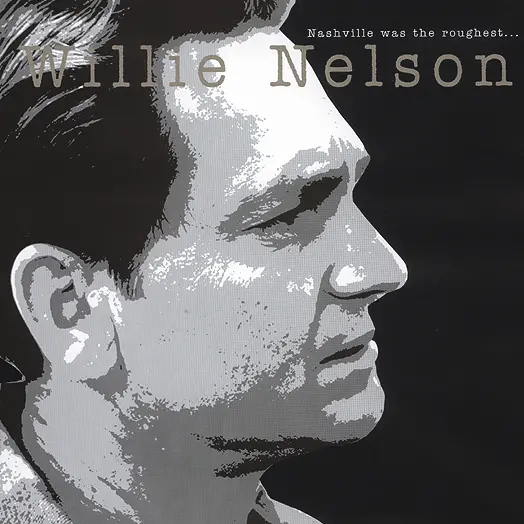 At 31, he was one of Nashville’s top writers, whose songs had been hits for many, including Patsy Cline, Billy Walker and Faron Young. Like other writers of his generation, Harlan Howard and Hank Cochran among them, his recording career had been less impressive. He’d started his singing career before Hank Williams died. His early recordings in Washington State and Houston went unnoticed. Only after moving to Nashville in 1960 and crafting such standards as Crazy, Funny How Time Slips Away and Hello Walls did he land a major label deal with Liberty. After a Top Ten duet single and a solo Top Ten hit, both in 1962, his success on records quickly faded while he continued writing brilliant songs for others.
At 31, he was one of Nashville’s top writers, whose songs had been hits for many, including Patsy Cline, Billy Walker and Faron Young. Like other writers of his generation, Harlan Howard and Hank Cochran among them, his recording career had been less impressive. He’d started his singing career before Hank Williams died. His early recordings in Washington State and Houston went unnoticed. Only after moving to Nashville in 1960 and crafting such standards as Crazy, Funny How Time Slips Away and Hello Walls did he land a major label deal with Liberty. After a Top Ten duet single and a solo Top Ten hit, both in 1962, his success on records quickly faded while he continued writing brilliant songs for others.